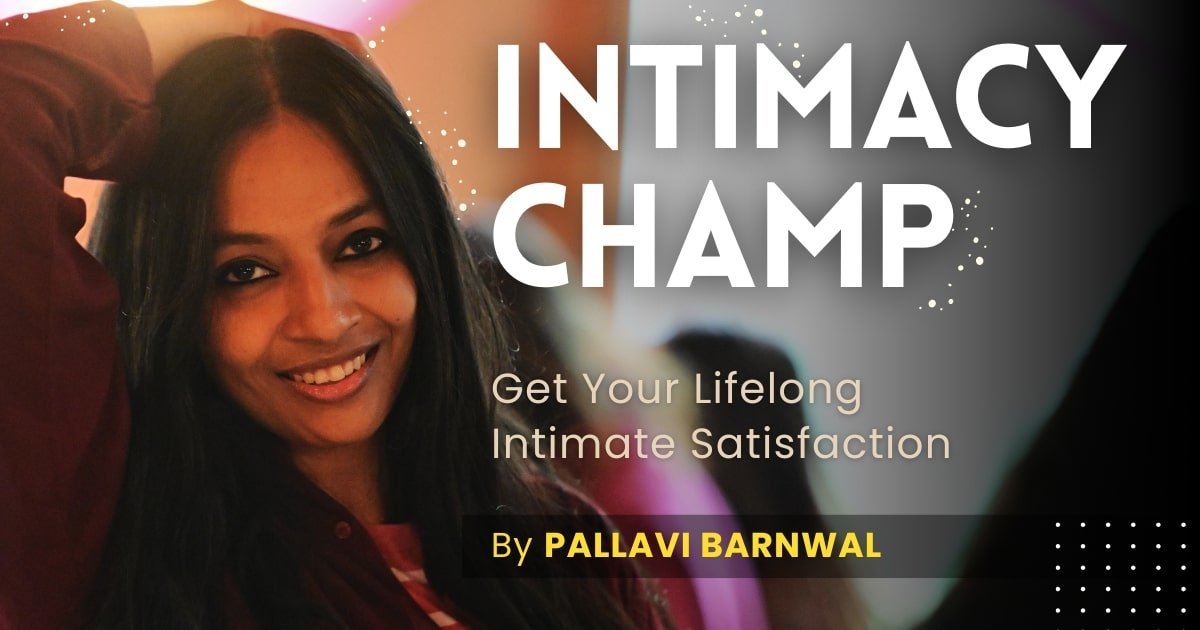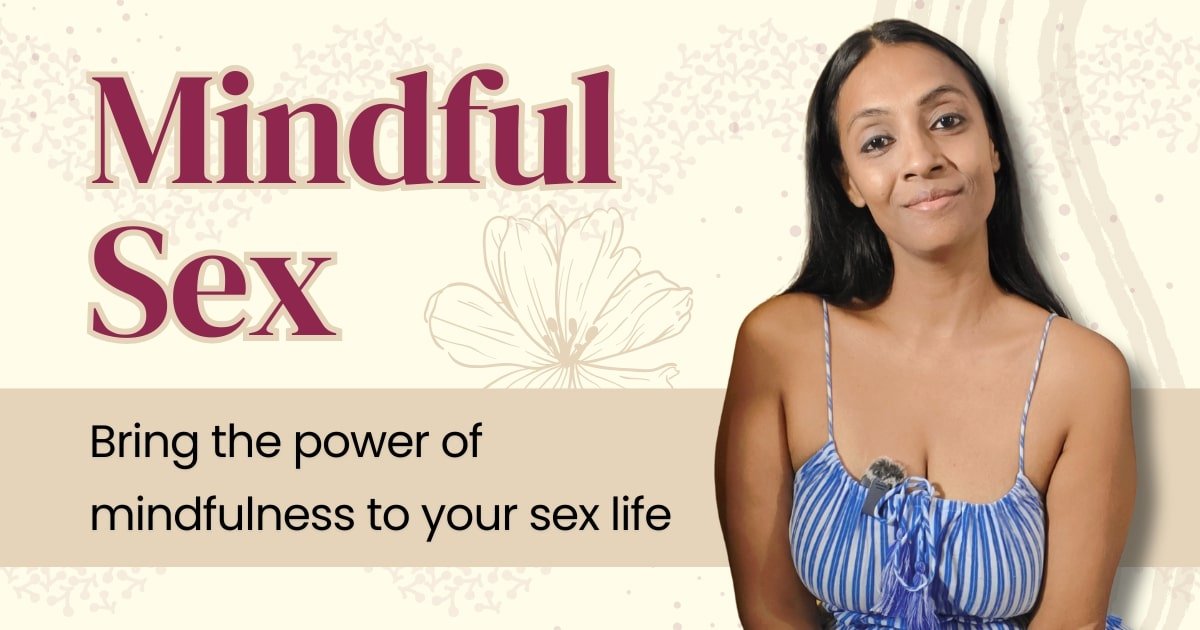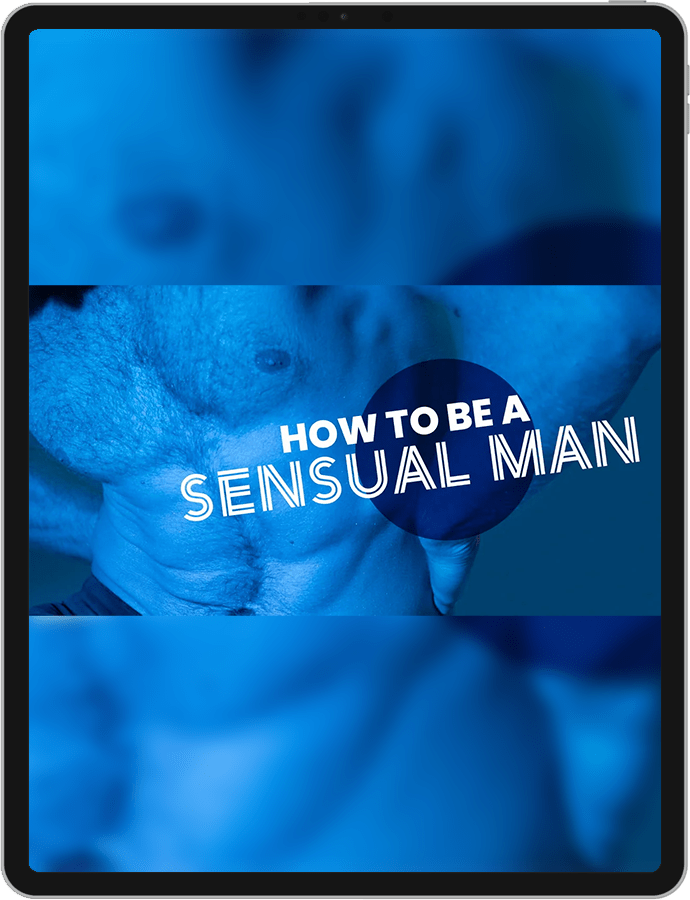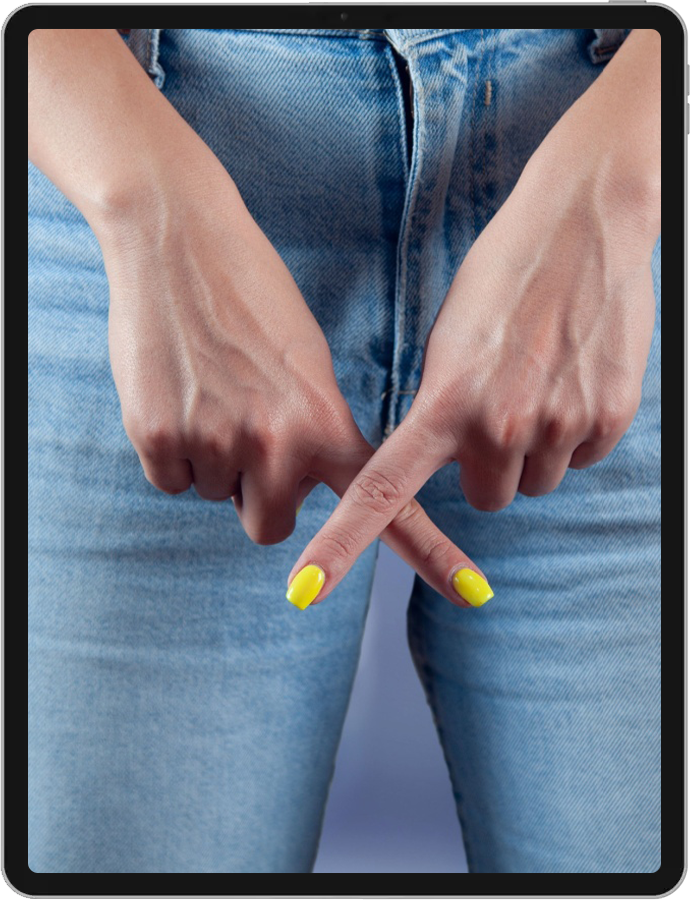
When I was cheated on the first time, it was easy. Don’t get me wrong, I was devastated, furious, betrayed- maybe it helped somewhat that this wasn’t the most the serious relationship I’d ever been in, or would ever be in- but I got over it because I knew who to blame. Of course, our relationship wasn’t perfect before the incident, I’ve been told I have issues with giving up control, I can be a little, bossy… as my ex(es) have liked to put it, but he was the one who went out on a Friday night, reappearing on Saturday morning smelling of booze, unfamiliar perfume, and the cliche to end all cliches- receiving a badly timed voice note about how great last night was. It was undisputedly his fault, so he apologised, I threw my shoe at him, ended things, stormed out of my own apartment and straight into More supermarket for a Rs. 400 tub of London Dairy icecream I could ill-afford, and before I knew it, I was over him. We still wish each other happy birthday over Instagram.
The second time was much, much harder. I still struggle to call it cheating, it felt much worse but, he never crossed those explicit lines, he never gave me reason to blame him. He just, found someone else, and let me hold on tighter and tighter till he dumped me for being “too insecure” and a “control freak”. It wasn’t even two weeks later before I found out he had gotten together with a girl from a client’s office, who’s friendship with him was what gave me cause for concern in the first place. I spoke to my friend about this almost two years after the breakup and she gave me the words I didn’t even know I’d been searching for the whole time: “emotional cheating”.
Emotional cheating can be hard to spot, and the worst part is it’s not just restricted to people with whom your partner has a potential romantic or sexual connection with- if there is a closeness that undermines or threatens your relationship with your partner, it can be cause for concern and even classify as a form of infidelity. The issue here is how to differentiate between healthy relationships outside of your own romantic ones and those that are actively dishonest. The primary thing to keep in mind is, do you feel second place to this relationship? Do you feel as though you are constantly on edge when this person is brought up, when you feel like you are competing with closeness in your partner’s life? For instance, is your behaviour often compared to this other person’s? Are you told that it would be preferable if you acted like they did? Do you find that your partner confides in them significantly more than in you? Do you feel like your partner actively favours spending time with the other person over you? Does your partner ever lie about their whereabouts when they are with this person? And lastly, if you ever do express this insecurity, are you met with anger, defensiveness, and are you told that you’re imagining things? Instead of being met with open listening and active discussion about how to fix this.
It is important to keep in mind that no single instance of these things is definitively a form of emotional cheating, but it can be if you notice a pattern. Keep an eye out for the difference between cheating and healthy friendship- compare to your own non-romantic relationships in your life and see how that kind of connection differs from the one you are concerned about. If you find that your partner is overly secretive, excessively affectionate in a way that you expect should be reserved for you, and you feel as though communication in your relationship has become minimal, it may be time to address it.
A way to move forth in your relationship if you want to work through this because sometimes it can happen unintentionally and it can be constructively addressed. Maybe show them this piece, or perhaps rethink the rules and boundaries of your relationship. Communication is the foundation to feeling engaged, connected, and heard in your relationship and that’s the best place to begin.












